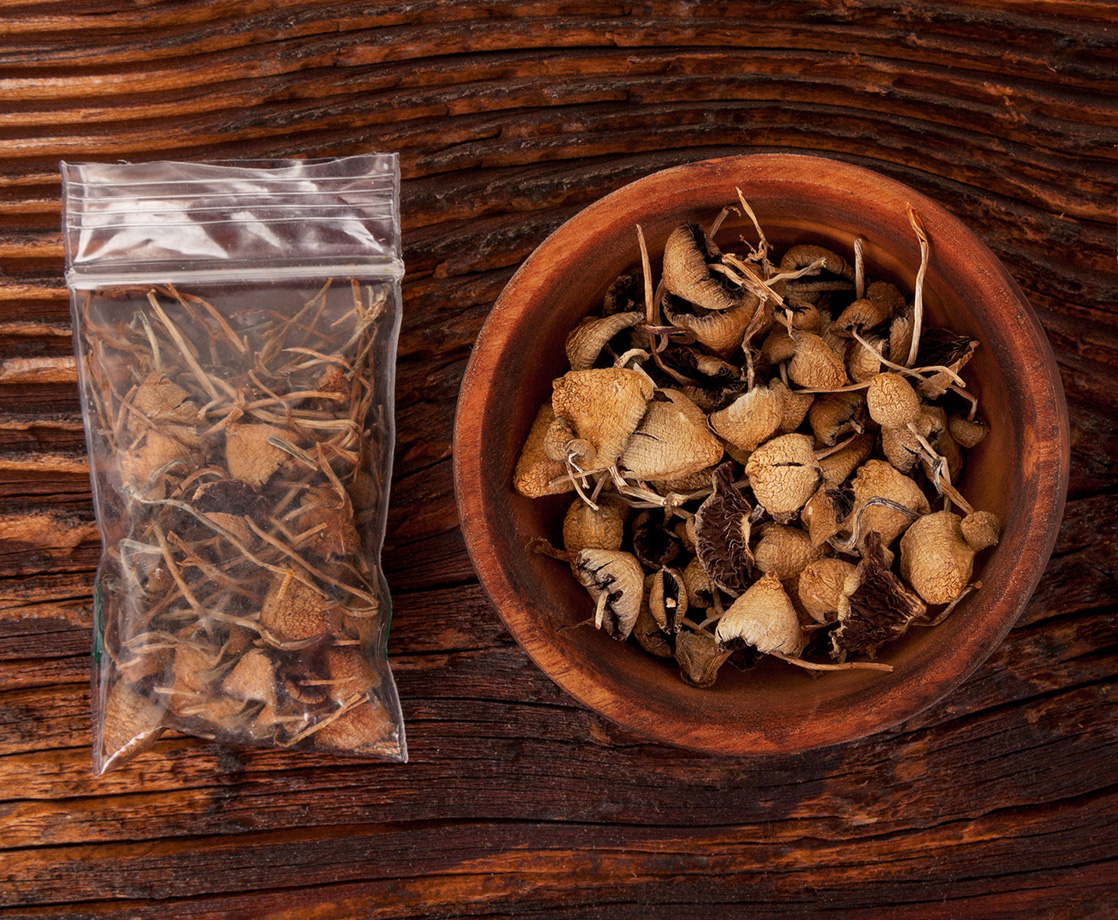Inhaled cannabis could provide short-term relief from symptoms of obsessive-compulsive disorder (OCD), a new study published in the Journal of Affective Disorders reports.
A team of researchers from Washington State University conducted this new study to gain insight into whether cannabis can treat symptoms of OCD. The study authors collected data on 87 subjects who self-identified as suffering from OCD, all of whom were using a mobile app called Strainprint. Using this app, the subjects were able to self-report how often they used cannabis and whether it helped reduce their symptoms.
Over a study period of 31 months, the patients recorded the severity of different OCD symptoms, including intrusive or unwanted thoughts, compulsions, and anxiety. Each patient recorded the severity of their symptoms both before and after smoking or vaping pot and reported what dose and strain of cannabis they were using. During the study period, the subjects used cannabis a total of 1,810 times.
After analyzing the data from the app, the researchers found that patients reported a 60 percent reduction in compulsions, a 52 percent reduction in anxiety, and a 49 percent reduction in intrusions after inhaling cannabis. But despite these powerful short-term effects, the researchers also found that most of the subjects’ OCD symptoms did not improve over the course of the study. The only symptom that did seem to improve is anxiety, which gradually decreased over the trial period in most subjects.
“Results from the present study indicate that inhaled cannabis may acutely reduce symptoms of OCD,” the authors wrote, according to NORML. “While the symptom severity ratings were reduced by approximately 50 to 60 percent from immediately before to after cannabis use, there was evidence that cannabis-associated reductions in intrusions may diminish over time. Collectively these results indicate that cannabis may have short-term, but not long-term beneficial effects on symptoms of OCD.”
After analyzing the strain and dosage data, the researchers found that higher doses of cannabis were linked to greater reductions in compulsions. The researchers also found that cannabis strains with larger concentrations of CBD were also linked to greater reductions in compulsions, a conclusion that supports prior research on the anti-psychotic properties of CBD.
The present research has a number of limitations, including the lack of control group, self-identification of OCD diagnoses, and self-reporting of all data. Researchers still need to conduct controlled, double-blind clinical trials in order to conclude that cannabis can truly help individuals suffering from OCD.
Regardless of the limitations, this is still one of the first studies to explore cannabis as a potential treatment for OCD. “Few studies have assessed the potential efficacy of cannabis for the mitigation of symptoms of OCD,” said Paul Armentano, deputy director of NORML, in a statement. “As such, these findings, though somewhat limited by the study’s design, indicate that cannabis – and, in particular, varieties high in CBD – holds promise as a therapeutic option for OCD patients and should be further examined in a more rigorously designed controlled setting.”











